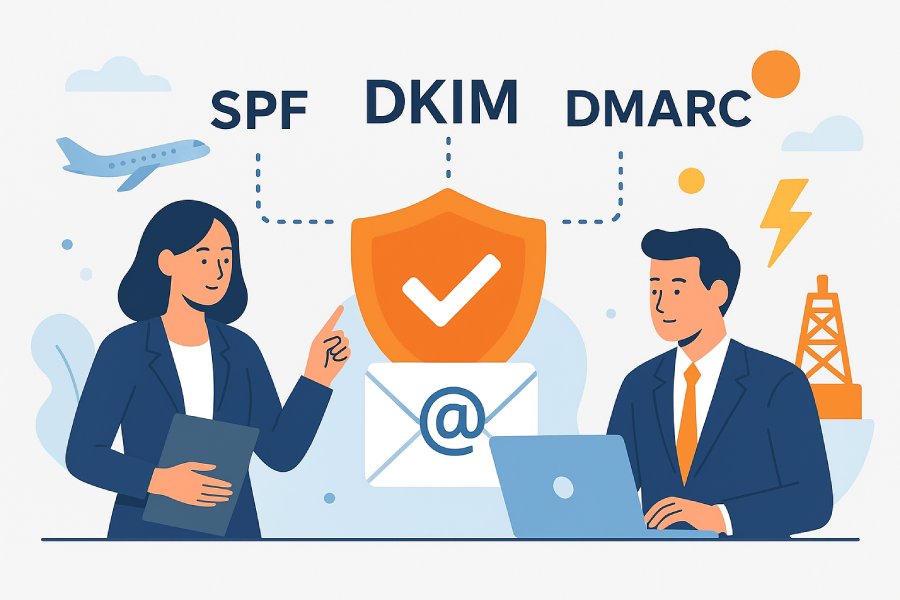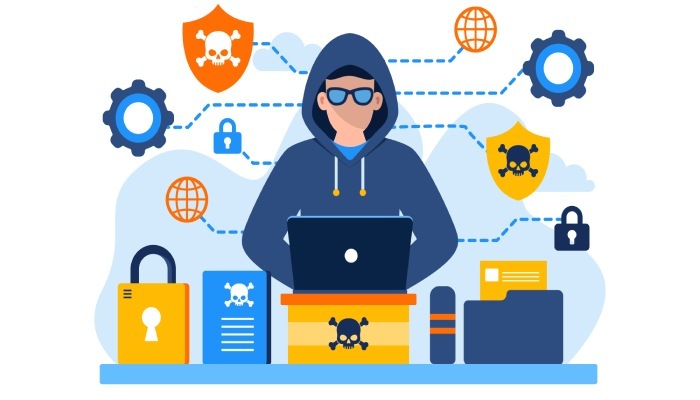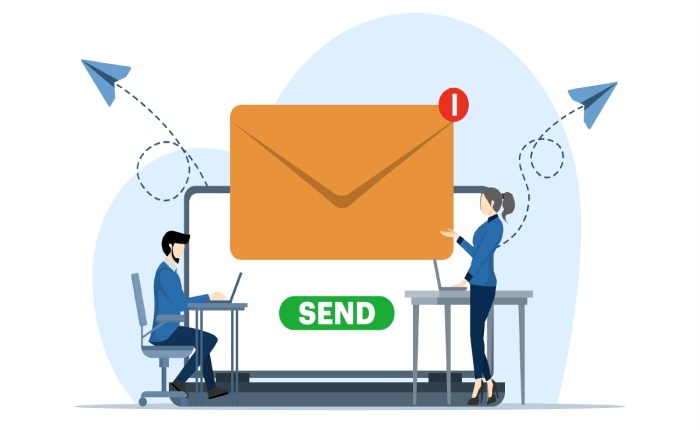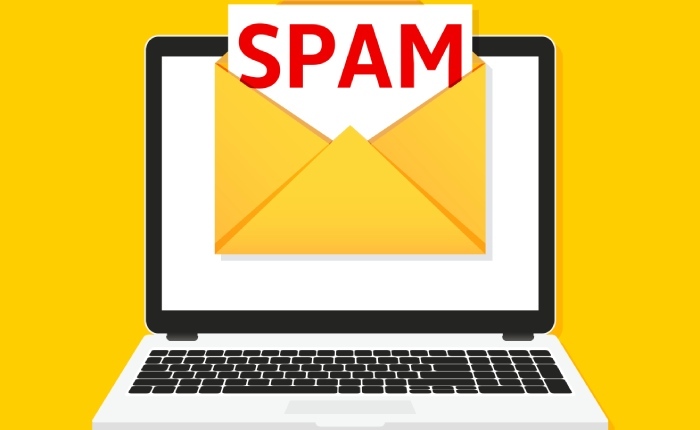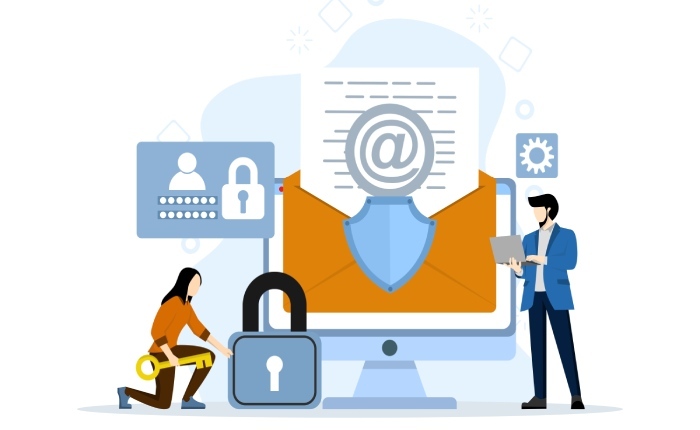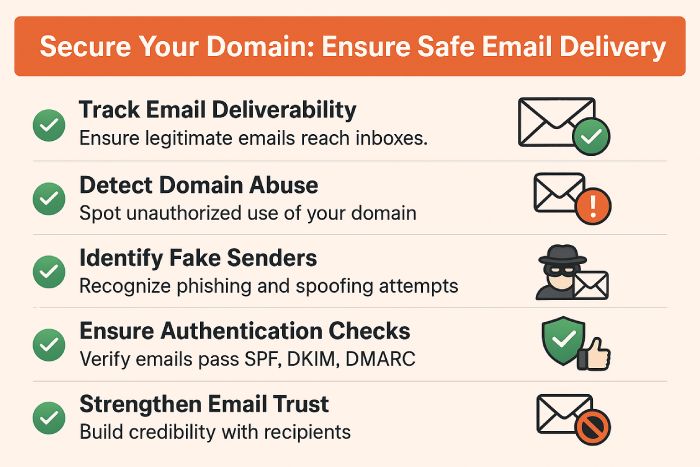Why SPF, DKIM, and DMARC are becoming mandatory in sectors like aviation and energy
Email-based cyberattacks are everywhere. They are more rampant in some industries and have grave consequences in others. For sectors that operate on very high stakes, like aviation and energy, the impact of these attacks is usually very serious and sometimes, at a scale that can disrupt other critical services as well.
Imagine the kind of chaos a single spoofed email can cause in the aviation industry. It can delay important maintenance, even confuse communication between airports and airlines, or worse, cause security lapses.
Now, in the energy sector as well, the stakes aren’t any lower either. Recently, Halliburton, a major oil & gas firm, faced the wrath of a cyberattack, which led to threat actors accessing internal systems and stealing valuable data. Even though it’s not clear how the attack on Halliburton started, email is usually the easiest way for attackers to gain access.
Industries like aviation and energy aren’t like any other typical business sectors; they are essentially the backbone of any country’s infrastructure. This means that they must be protected with the highest levels of security, especially when it comes to communication.
In this article, we will explore the importance of protecting these industries from cyber attackers through email authentication protocols such as SPF, DKIM, and DMARC.
Why email authentication matters more than ever
No matter how critical the industry is, email is one of the weakest links in the organization’s digital ecosystem. Since industries like aviation and energy rely so much on email for operational coordination, supplier communications, and regulatory updates, if there is even a single slip-up, if just one email gets spoofed or tampered with, it can trigger a chain reaction of major problems.
Clearly, the stakes are too high to leave email security to chance.
This is why it’s very important to implement email authentication protocols, such as SPF, DKIM, and DMARC. The reason these protocols are so important is that they help verify whether an email is genuinely from the domain it claims to come from and whether the content of the email has been altered in transit. In industries like aviation and energy, where the margin for error is razor-thin, this kind of verification is critical.
Here’s how each protocol works to safeguard the domain from email-based attacks.
Sender Policy Framework (SPF)
SPF is the baseline authentication standard that lets you specify which servers are allowed to send emails on your behalf. When an email arrives, the receiving server checks this list to see if the sender is authorized. If not, the email can be flagged, rejected, or marked as suspicious.
In high-stakes industries like aviation and energy, where secure communication is crucial, SPF helps ensure that only emails from trusted sources are allowed through.
DomainKeys Identified Mail (DKIM)
DKIM adds another layer of protection by ensuring that the email you send out does not get altered along the way. It attaches a digital signature to every outgoing email, and when the receiving server receives the mail, it verifies that signature to check if the email content is still intact. If the signature doesn’t match, it means the email was changed somewhere in transit.
You need this kind of assurance because in industries like aviation and energy, even a small change in an email can have serious consequences.
Domain-based Message Authentication, Reporting, and Conformance (DMARC)
DMARC ties it all together. It tells the receiving server what to do if an email fails the SPF and DKIM checks—whether to block it, send it to spam, or just monitor it. Apart from this, when you implement DMARC, you also receive DMARC reports that tell everything about your domain’s email activity.
In aviation and energy, DMARC gives you better control over your email domain. It helps you catch when someone is trying to fake your emails and stops those messages from reaching your employees, partners, or regulators.
Why should all aviation and energy companies implement SPF, DKIM, and DMARC?
Email authentication is necessary in every domain, but for industries like energy and aviation, it is non-negotiable. Here are the key benefits of setting up SPF, DKIM, and DMARC:
Protects against domain misuse
If your domain gets into the wrong hands, attackers can send emails that look like they’re coming from your company. In industries like aviation and energy, these fraudulent emails can prove to be very dangerous. Attackers can leverage them to disrupt operations, trick employees, or even damage trust with the partners.
But with email authentication protocols in place, you can ensure only verified sources can send emails from your domain. If someone tries to misuse it, their emails will fail the checks and won’t make it through.
Safeguard critical operations
In these sectors, email often carries instructions, system updates, or sensitive data, none of which you can afford to lose or have altered. If that information is tampered with or falls into the wrong hands, it can lead to serious disruptions, safety risks, or operational delays.
That’s where SPF, DKIM, and DMARC come in. They ensure that the emails come from legitimate sources and haven’t been changed on the way. This keeps important information safe and helps your operations run without any unwanted problems or delays.
See what’s happening in your domain
It’s important to know what’s going on with your domain. Are your legitimate emails being delivered? Is someone trying to misuse your domain? DMARC helps you gain insights into all of this and more with its reporting feature. It shows you who is sending emails on your behalf and whether those emails are passing the necessary checks. This way, you have better control and can catch any suspicious activity early, before it causes harm.
Major email service providers like Google and Yahoo have now made email authentication mandatory, but there are still a lot of gaps in its implementation. If you’re from either of the industries, you can’t afford to ignore this any longer.
To get started with your authentication journey, contact us today!
